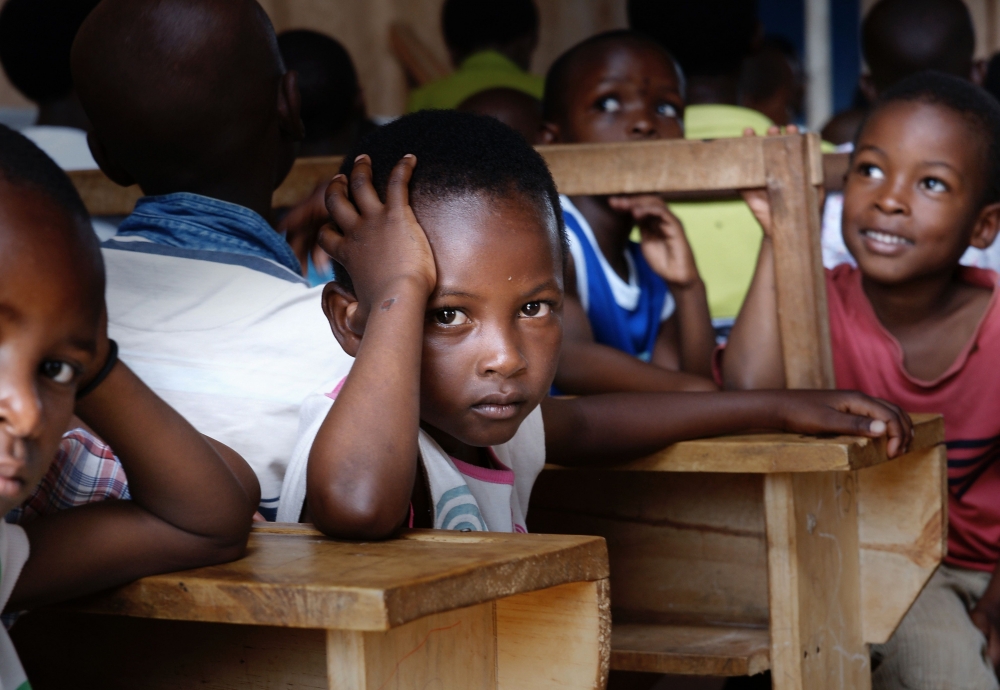Conflict and disaster forces 59 million young people into illiteracy, UNICEF reports

Latest findings of UNICEF reveal that 30% of young people between the ages 15-24 living in conflict or disaster affected areas are illiterate. This equates to 59 million young people.
UNICEF have called for greater investment in education, highlighting in particular the need to invest in disadvantaged children and youth.
The findings also revealed a gender inequality with figures of illiteracy being higher for girls and young women. 33% of women and girls in conflict or disaster affected areas are illiterate, compared to 24% for boys and young men.
Henrietta H. Fore, the Executive Director of UNICEF, commented that:
“These numbers are a stark reminder of the tragic impact that crises have on children's education, their futures, and the stability and growth of their economies and societies’”
The news findings have been calculated from data gathered by UN Educational, Science and Cultural Organisation (UNESCO) from 27 countries with an emergency status.
The highest levels of youth illiteracy were found in African countries that have a long history of instability and poverty. The highest rate was in Niger which has a youth illiteracy level of 76%, followed by Chad with 69%, South Sudan with 68% and Central African Republic with 64%.
Henrietta H. Fore, futher added:
“An uneducated child who grows into an illiterate youth in a country ripped apart by conflict or destroyed by disasters may not have much of a chance.”
A critical method to improve these statistics is ensuring education programmes receive adequate funding, especially during humanitarian crises.
Despite literacy being classified as a basic human right, only 3.6% of humanitarian aid is spent providing education to children living in emergencies, making it one of the least funded sectors.
Over the next four years it is estimated UNICEF will spend $1 billion a year on education programmes.
On Tuesday UNICEF called for $900 million for education in countries affected by conflict and disaster. The appeal highlighted key programme areas such as: accelerated education and non-formal learning opportunities, training teachers, rehabilitating schools and distributing school furniture and supplies.
UNICEF have also asked Governments and partners to provide children with access to quality early education programmes to improve their development and offer illiterate youth the opportunity to further their education through specially designed programmes and accelerated education.
Henrietta H. Fore noted the significance of education for young people:
“Education can make or break a child's future,”
“For all children to fully reap the benefits of learning, it is key that they get the best quality education possible, as early as possible.”
If you’d like to stay informed on the latest updates in aid and development, please sign up for the AIDF newsletter.
Image Credit: Bill Wegner















